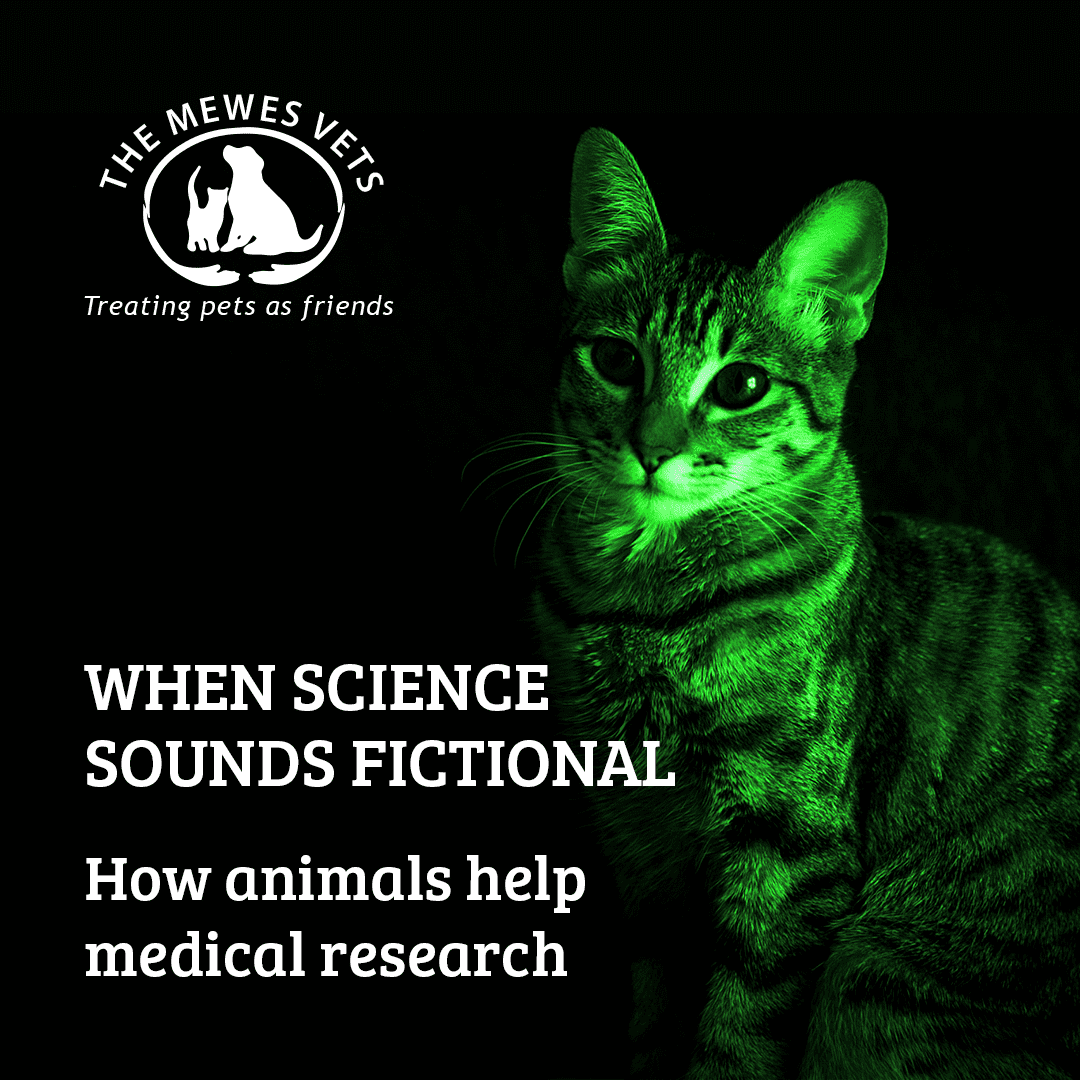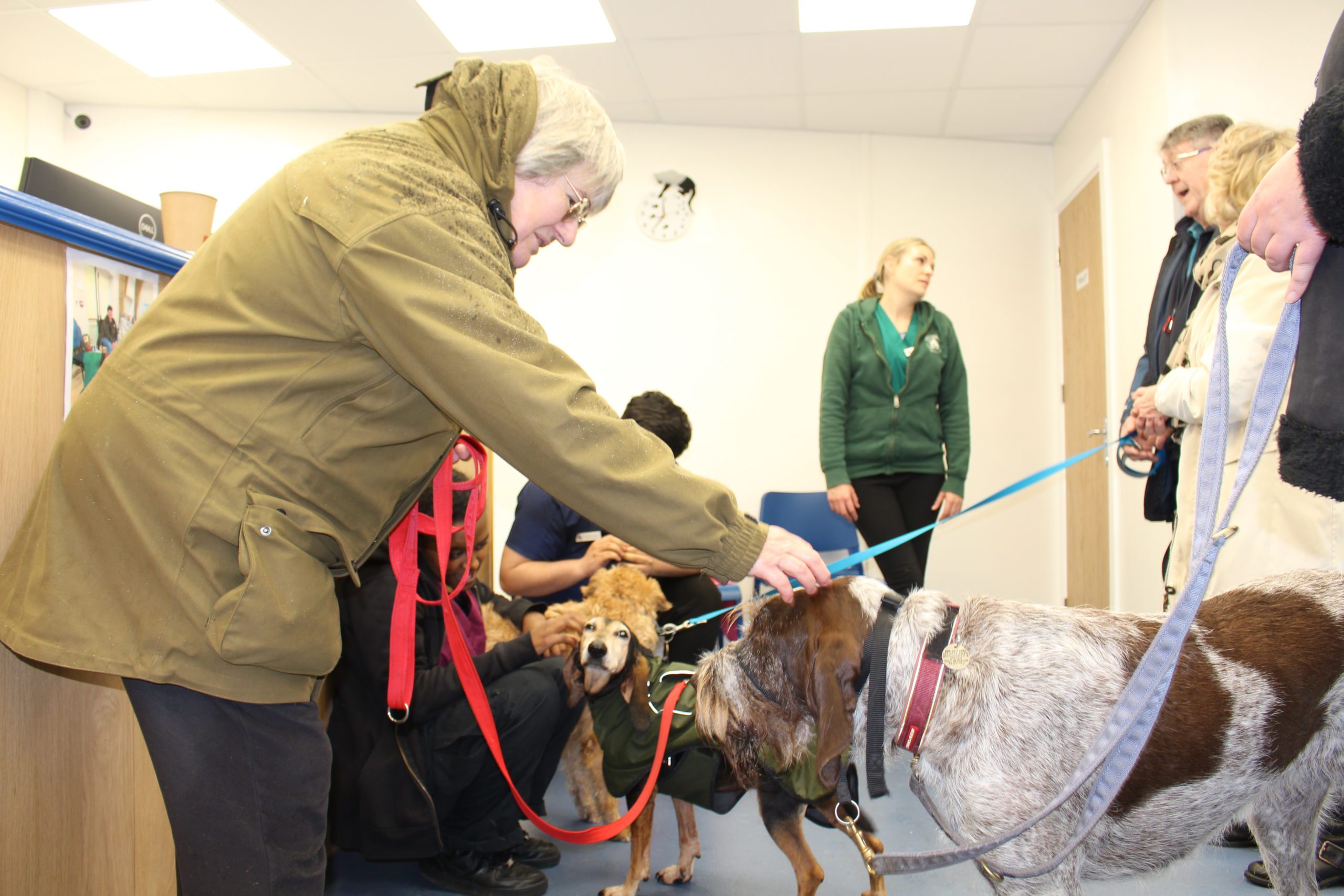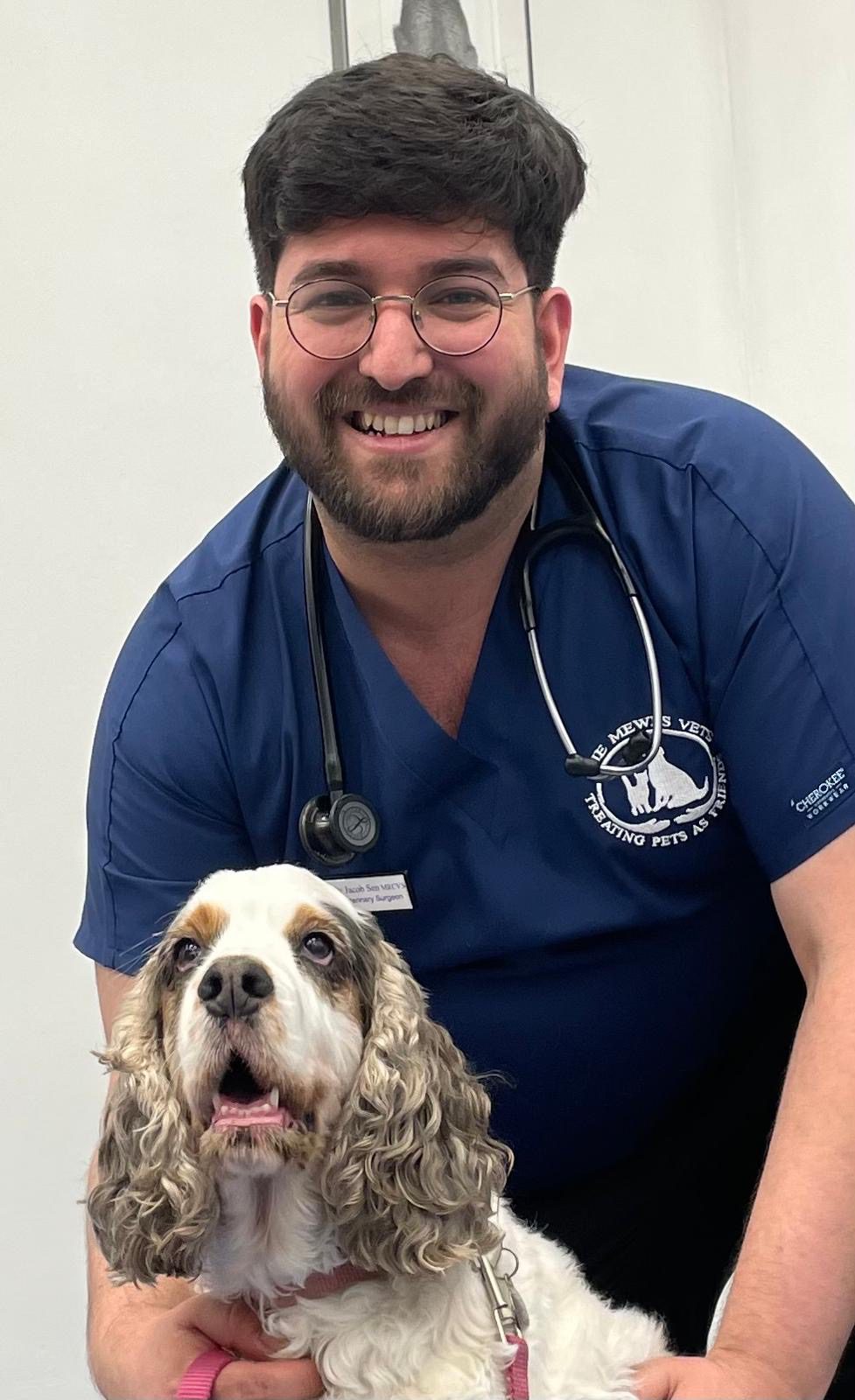Have you heard of fluorescent felines?
They have been genetically engineered to try to help our understanding of viral diseases in people.
One of the most recent human viral outbreaks was the AIDS epidemic.
It sparked an enormous amount of charity fund-raising to support the effort to find cures for viruses. It was noted that whereas people were suffering from a virus called HIV (human immunodeficiency virus), cats had a similar virus called FIV (feline immunodeficiency virus), that causes a similar disease in infected cats. This meant that cats could be used to help with the research into the human illness.
There is a rhesus macaque which is resistant to human AIDS, and their ability to fight it off was traced to a protein called a restriction factor. Scientists wanted to know if this resistance factor could also protect cats from FIV. They needed to implant a gene from the macaque into a feline egg and see if the subsequent kitten could resist FIV. But if there were several kittens, how could they tell which kitten or kittens had received the gene and which hadn’t?
The researchers decided to add a second gene, this one from a jellyfish, literally creating a litter of glow in the dark kittens.
The subsequent cats look normal in daylight, but if you shine a light at them they glow a vivid yellow green. The images are extraordinary! Try typing glow in the dark cats into your browser.
Scientists hope that knowing more about the protein resistance factor and whether it confers resistance to FIV in cats, might help them protect people from virus infection too, in the future.
Some might feel that glow in the dark cats are a bit too futuristic for their taste. Others have welcomed them as the next new designer-pet. Before lockdown you could acquire one of these unusual cats for a price.
But I am sure we can all agree that, as long as animal welfare is being carefully protected and supervised, we are grateful to all those involved in research into combating viruses.





